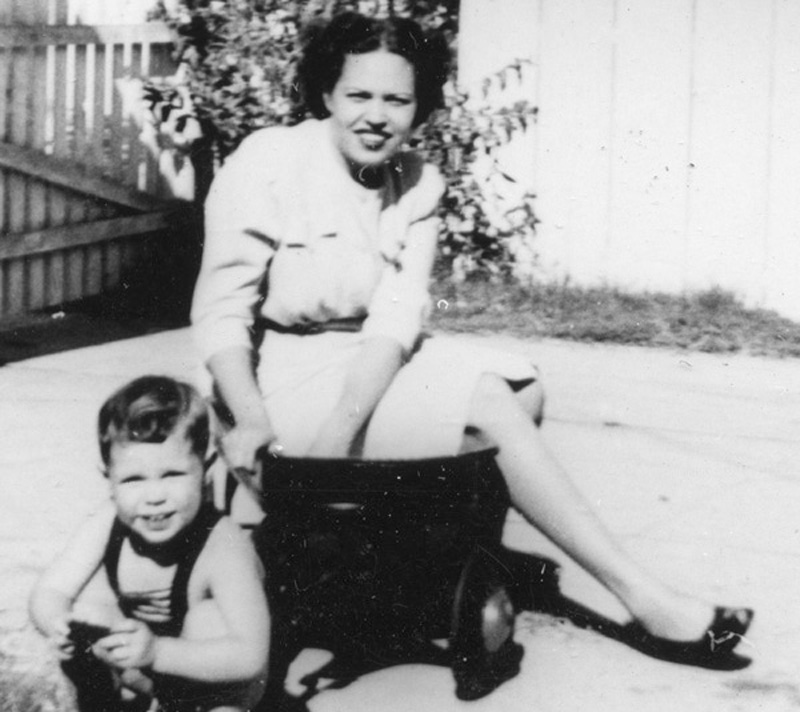The journey from one religious tradition to another can be both a deeply personal and profoundly transformative experience. This is especially true for individuals transitioning from Roman Catholicism to the Baha’i Faith. This exploration outlines various dimensions of this spiritual metamorphosis and invites readers to contemplate the underlying tenets of Baha’i teachings.
In the Western world, Roman Catholicism has long stood as a bastion of tradition, steeped in centuries of doctrine, ritual, and community. Its teachings often emphasize the importance of a sacramental worldview, in which the divine is encountered through physical elements, prayers, and ecclesiastical authority. However, for a myriad of reasons—intellectual curiosity, existential discontent, or a search for a more universal faith—individuals may find themselves questioning their Catholic upbringing, leading them to explore alternative spiritual paths that resonate with their evolving understanding of the divine.
Baha’i teachings offer a comprehensive worldview that can entice those seeking answers. Central to the Baha’i Faith is the belief in the oneness of humanity and the universality of religious truth. The Baha’i Faith posits that all major world religions stem from the same divine source and are successive chapters in humanity’s spiritual evolution. This premise is particularly alluring for those disenchanted with exclusivistic doctrines, as it fosters an inclusive and egalitarian approach to spirituality.
Some core tenets of the Baha’i Faith include the harmony of science and religion, the elimination of prejudice, and the establishment of a global society. These principles can appear as a refreshing alternative to the often dogmatic structures in traditional Catholic teachings. In examining the Baha’i stance on the marriage of science and spirituality, one finds a compelling invitation to explore the cosmos through both empirical inquiry and spiritual introspection. This concordance is particularly relevant in an age dominated by scientific advancement, rendering a holistic understanding of truth both necessary and accessible.
Adherents transitioning from Catholicism to the Baha’i Faith often recount their spiritual journeys as redemptive quests towards greater understanding. This transformation may begin with intellectual engagement—reading Baha’i texts and attending community gatherings. These texts, replete with profound insights and poetic elegance, draw converts into a world where faith is not static but dynamic, evolving alongside human consciousness. The Baha’i writings challenge individuals to consider not merely what they believe, but why they believe it, leading to a deeper exploration of spiritual principles.
Formal practices in the Baha’i community also stand in stark contrast to Catholic rituals. The practice of prayer, meditation, and community consultation fosters a sense of connection among followers and a direct relationship with the divine. This shift allows individuals to experience spirituality in a more personal and less mediated manner, which can be liberating. Such firsthand encounters with the divine invite contemplative experiences often overshadowed by the hierarchical structures prevalent in other faiths.
A remarkable aspect of the Baha’i Faith is its emphasis on social action. Engaging in service to humanity is not merely an afterthought but is intrinsic to the spiritual journey. This strong commitment to social justice and community-building can resonate well with those whose experiences in Catholicism might have drawn them to serve through church-led initiatives but who yearn for an even broader, more inclusive mission. Baha’is champion the eradication of poverty, the promotion of education, and the elevation of women’s rights, manifesting a holistic approach to faith that encompasses both spiritual and practical dimensions.
Moreover, as individuals begin to embrace Baha’i perspectives, they inevitably confront their preconceived notions of what spirituality entails. The journey calls for a profound reevaluation of loyalty—whether to tradition, community, or belief systems. This reorientation, albeit fraught with challenges, promotes an authentic exploration of one’s values and convictions. Baha’is maintain that such experiences are vital in developing spiritual maturity, enabling individuals to transcend narrow identities and embrace a broader humanistic perspective.
Encouragingly, not all experiences of transition are marked by isolation; rather, communal aspects of the Baha’i Faith provide much-needed support. Baha’i communities are typically characterized by inclusiveness, openly welcoming seekers from diverse backgrounds, including those transitioning from Roman Catholicism. This fosters a sense of belonging, in which each member is valued for their unique contributions and perspectives. Celebrating diversity and cultivating unity is at the heart of Baha’i practice, transforming what might initially feel like an uncertain journey into a collaborative pilgrimage of faith.
The movement from Roman Catholicism to Baha’i leadership can be fraught with existential questions. Individuals may grapple with feelings of loss, nostalgia for familiar rhythms, and adherence to long-held beliefs. Yet, these tensions offer opportunities for growth. The Baha’i Faith does not shy away from addressing complexities but invites followers to engage with them thoughtfully. This dialogue between faith and doubt, tradition and innovation, becomes an integral aspect of the spiritual journey, ultimately affirming the notion that faith is not a destination but a lifelong exploration.
In conclusion, embarking on a journey of faith from Roman Catholicism to the Baha’i Faith can reshape one’s understanding of spirituality. This transition fosters an intellectual curiosity that challenges inherited notions of truth, advocating for a holistic and unified approach to human existence. The teachings not only promise a paradigm shift but also encourage an examination of individual convictions, setting the stage for an enriched spiritual life. Thus, the journey remains an invitation to discover a more inclusive and profound expression of faith, radiating acceptance and understanding. Such a path embodies the essence of what it means to pursue truth—the pursuit that is innately human.
